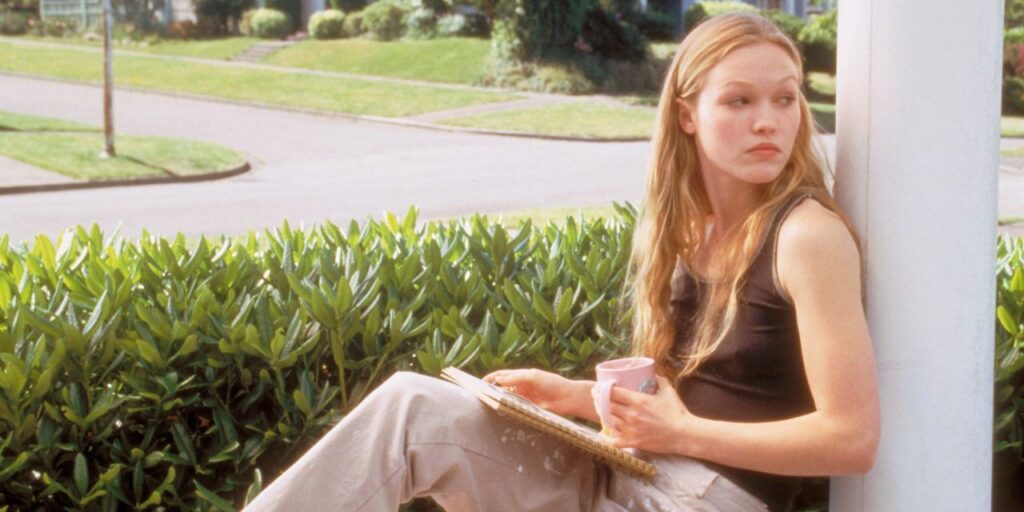It’s easy to sense when someone’s the oldest child. Usually, she’s part neurotic, part anxious—always the first to send meticulously detailed calendar invites or drop words of wisdom whenever someone’s having a rough week. Ask any firstborn daughter you know, and she’ll relate to this kind of emotional maturity alongside the painfully familiar experience of being overwhelmed and underappreciated.
The internet calls this “eldest daughter syndrome,” an unofficial term to describe how the unique pressures and early responsibilities of being the first kid in the family can shape your personality and behaviors. “It’s a cultural shorthand that captures something many eldest daughters feel,” Benu Lahiry, LMFT, a psychotherapist and couples counselor practicing in Seattle and San Francisco, tells SELF. “The pressure to excel, to hold it all together, and to make it look easy,” which explains why they so often seem effortlessly mature, self-sufficient, and capable.
But there’s a cost—one that falls especially hard on women and girls who are already expected by society to be caretakers from a young age. “When competence becomes your whole identity, it’s inevitable to be exhausted,” Lahiry says, which can lead to stress, anxiety, and feelings of loneliness.
Because these women make it look effortless—the remembering, the planning, the worrying so others don’t have to—it’s easy to overlook the invisible weight they carry. Still, for all the burdens “eldest daughter syndrome” can bring, these women who were once little girls with big responsibilities are also gifted with uniquely lovable traits you can’t help but admire. Here are a few of those qualities.
They’re responsible and reliable.
When you grow up helping to raise your siblings, being a little “bossy” is practically second nature. “These women are usually leaders,” New York-based psychologist Sabrina Romanoff, PsyD, tells SELF. “They have the instinct to take care of those around them,” which happens when you’re told things like, “You’re in charge while I’m gone” or “Make sure your brother finishes his homework” from an early age.
It’s no wonder, then, that firstborn daughters are usually the “mom” of their friend group—the one who makes dinner reservations and turns vague ideas into concrete plans. That same initiative shows up at work, too, according to Dr. Romanoff: Eldest daughters tend to be decisive, organized, and unafraid to give instructions and take charge—because for as long as they can remember, somebody in their family had to.
They know how to keep the peace.
Being the oldest often means walking a fine line. On one hand, you’re expected to be the responsible role model, setting an example with good grades and even better behavior. On the other hand, you’re still a big sister, meaning that to your younger sibling, you’re the cool and friendly confidant they can come to for advice without worrying that you’ll snitch to Mom and Dad.


